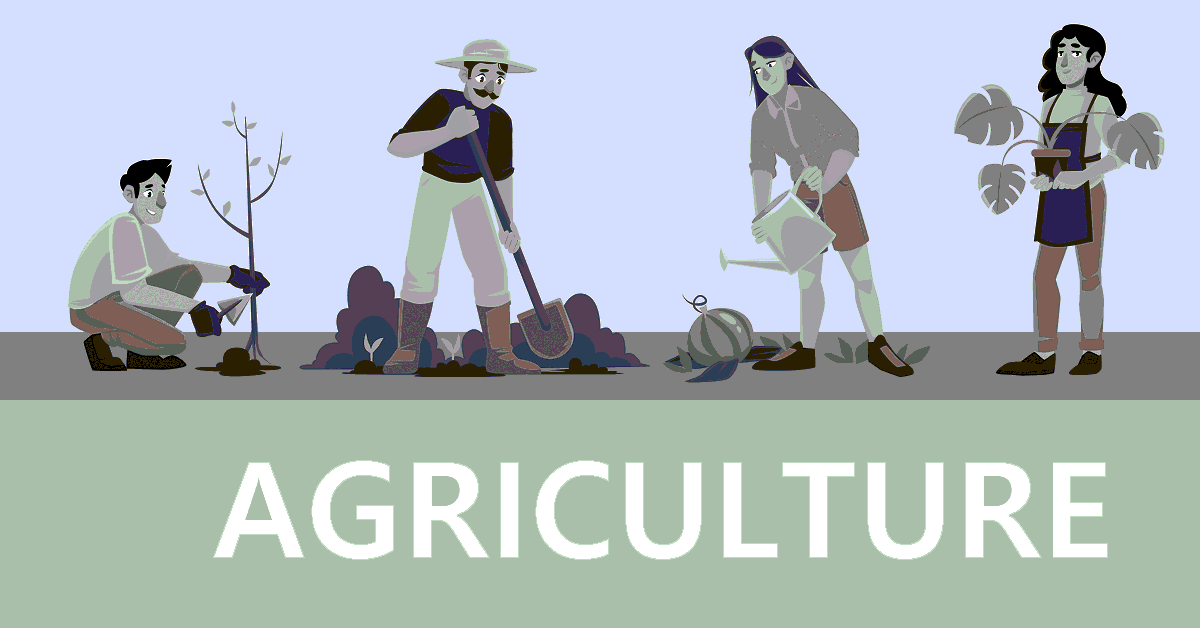
The Caribbean region has a rich and complex history, shaped by centuries of European invasion and colonization. The arrival of the Europeans brought about significant changes to the indigenous people, their agriculture, and the natural landscape. This article will explore the impact of European invasion on Caribbean agriculture, including the introduction of sugar production and its effects on the economy and society.
Impact of European Invasion on Indigenous People and Agriculture
The arrival of the Europeans in the Caribbean had a profound impact on the indigenous people and their agriculture. The Europeans brought new crops and animals to the region, which changed the existing agricultural systems and the way of life of the indigenous people. They also introduced new technologies and techniques that greatly impacted the local agriculture, making it more productive and efficient.
However, the arrival of the Europeans also brought violence, exploitation, and enslavement to the indigenous people. The Europeans enslaved the indigenous people and forced them to work in their agricultural operations. As a result, the indigenous people lost control of their lands, their crops, and their labor, which greatly impacted their agriculture and way of life.
Introduction and Establishment of Sugar Production
Sugar production became the backbone of the Caribbean economy in the 1640s. The Europeans introduced sugar cane cultivation to the region and established large-scale sugar production. The sugar production was highly profitable and soon became the main source of income for the Caribbean. By the 18th century, the Caribbean had become the world's largest producer of sugar, producing over two-thirds of the global supply.
Sugar production had a profound impact on the economy and society of the Caribbean. It brought wealth and prosperity to the region, and it became the main source of income for the colonies. The sugar industry created jobs and provided economic opportunities for the local people. However, the success of the sugar industry was largely built on the backs of enslaved Africans who were brought to the Caribbean to work in the sugar plantations.
Role of Slavery and Forced Labor in Sugar Production
The sugar industry was heavily reliant on slavery and forced labor. The Europeans brought millions of enslaved Africans to the Caribbean to work in the sugar plantations. The enslaved Africans were subjected to brutal and inhumane conditions, and they worked long hours in the fields, often under harsh and dangerous conditions.
The use of slavery and forced labor in the sugar industry had a profound impact on the economy and society of the Caribbean. The slave trade was a major source of wealth for the European colonizers and the local landowners, but it also created a legacy of inequality, oppression, and poverty in the Caribbean. The enslavement of the Africans greatly impacted the local agriculture, as the enslaved people were forced to work in the sugar plantations, leaving little time for them to tend to their own crops and lands.
Decline of Sugar Production and its Effect on the Caribbean Economy and Society
The sugar industry in the Caribbean began to decline in the 19th century. The abolition of slavery and the increased competition from other sugar-producing regions led to the decline of sugar production in the Caribbean. The fall of the sugar industry had a profound impact on the economy and society of the region. The decline of sugar production led to job losses and economic hardship, and it also resulted in the loss of valuable land and resources.
Current State of Caribbean Agriculture and its Efforts towards Sustainable and Diversified Agriculture
Today, the Caribbean is working towards a more sustainable and diversified agriculture. Many countries in the region are focused on developing new and innovative agricultural practices that are environmentally friendly and economically viable. The efforts towards sustainable and diversified agriculture are aimed at improving the quality of life for the local people and creating new economic opportunities.
One such example is the organic farming movement in Cuba, which has become a leader in sustainable agriculture in the region. After the fall of the Soviet Union, Cuba was faced with a major food crisis, but the country's agricultural sector was transformed through the adoption of organic and sustainable practices. Today, Cuba is a leading producer of organic fruits and vegetables, as well as a source of inspiration for other Caribbean countries seeking to transition towards sustainable agriculture.
In addition to organic farming, the Caribbean is also embracing agroforestry and permaculture, which involve incorporating trees and other vegetation into farming systems. These practices not only provide food and other products, but also help to improve soil health and provide habitat for wildlife.
Another important trend in Caribbean agriculture is the development of value-added products. For example, in the Dominican Republic, small farmers are producing high-quality coffee for export, creating new economic opportunities for themselves and their communities. Similarly, in Jamaica, small farmers are producing high-quality spices, such as allspice, which is in high demand globally.
Overall, the Caribbean is working towards a more sustainable and diverse agricultural future, one that builds on its rich history and cultural heritage while embracing new technologies and practices. By doing so, the region can ensure a bright future for its people and its land, while also contributing to the global effort to create a more sustainable and equitable food system.
Conclusion:
The European invasion and colonization of the Caribbean had a profound impact on the region's agriculture, leading to the introduction of sugar production and the establishment of a slave-based economy. Although sugar production declined in the 20th century, its legacy can still be felt in the Caribbean today. However, the region is now working towards a more sustainable and diversified agriculture, embracing new technologies and practices while building on its rich cultural heritage. By doing so, the Caribbean can ensure a bright future for its people and its land.
Agricultural Science




